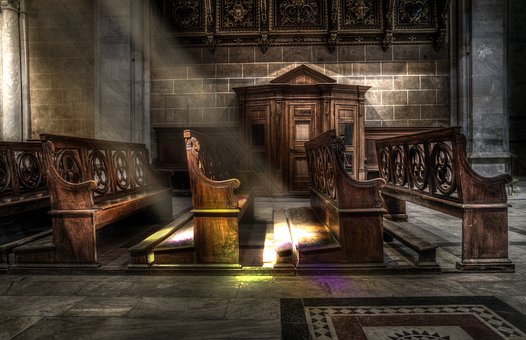While the world is tearing, dividing, even killing each other, a man has spent his life transmitting a message of hope and peace through his many books translated into 40 languages, while concretely helping the most disadvantaged. This man is Thich Nhât Hanh, whose last posthumous work has just been published, leaving a vibrant tribute to what remains most beautiful on earth: the beauty of those who inhabit it.
Thich Nhât Hanh, author of Vietnamese origin who died in the early years at the age of 95 and who has more than 130 books to his credit, was one of the most committed and influential Buddhist monks in the world. His latest book was written using his loved ones from his teachings. The Nobel Peace Prize nominee left a legacy primarily of a message of peace, love and hope.
He took part in many social actions, in particular by bringing together volunteers to rebuild schools and medical centers in rural areas during the Vietnam War. He then continued his mission in the United States to maintain peace in the world. He coordinated actions to help boat people during conflicts in Vietnam and Cambodia, while supporting Martin Luther King to fight against modern slavery.
A great message of hope
If we live in a chaotic world and we feel a sense of helplessness in the face of numerous conflicts, the fact remains that we can change certain things and make a difference, mainly if, collectively, we manage to modify our spirit by showing compassion and kindness. The earth is populated by good people with good intentions, but who unfortunately give way to conflict. When we are consumed by anger or overwhelmed by fear or despair, we must remember that compassion lies dormant in us, we just have to let it manifest by giving way to awakening. Even if violence is seen everywhere in the streets, it is possible to cultivate non-violence on a daily basis for whoever wants it. A simple human gesture towards someone can change the course of their day, you just have to be aware of it. Then, collectively, things can change little by little.
His ultimate message: to show courage and not hesitate to take up the challenges necessary to prevent the beauty of the world from dying, alluding in particular to climate change which, according to him, is a real threat facing our humanity.
This bad karma
The famous karma, some believe in it, others do not. It is often associated with reincarnation, that is to say that our current trials would be linked to acts from past lives, while others evoke the idea of instantaneous karma. In other words, the ordeals we are currently experiencing are the result of actions taken a few years earlier. Many rely on the theory of karma to better understand social inequalities. Why does someone come into the world in a country where there is famine and poverty, with sick parents unable to take care of their child, while another will come into this world in a universe of abundance with loving parents? who will send their child to college, encouraging them to do something good in life? These are existential questions that often remain unanswered. For many, karma is the answer. Many weigh down their karma by committing reprehensible acts while others will see their karma purified by nourishing the good around them. Whatever the belief, it would be possible to free ourselves from our karma by going through a form of forgiveness and healing in order to better understand the past and to live the present in all serenity.
From one generation to another
In his illustrated book, Know how, journalist Eugénie Emond examines the know-how of the elders as well as their way of life at the time, which is not always passed on to subsequent generations. However, in certain respects, certain ways of doing things deserve attention. Thanks to several meetings with seniors, from Ontario to the Maritimes via Quebec, there are several good recipes from yesteryear that have been forgotten, but that warm the heart. Added to this is the work of his hands. In particular, we discuss the idea of transforming an object into a table lamp, making a country soap, building a bread oven, making your own quilt or even learning to prepare your own yogurt without a yogurt maker. Certainly, all this baggage represents a saving of money, particularly in our society where overconsumption reigns, nevertheless, it requires a lot of time. It’s up to everyone to see if the game is worth the candle.
We wish to say thanks to the writer of this short article for this remarkable material
Well-being: homage to all the beauty in the world
Explore our social media accounts along with other pages related to themhttps://nimblespirit.com/related-pages/

